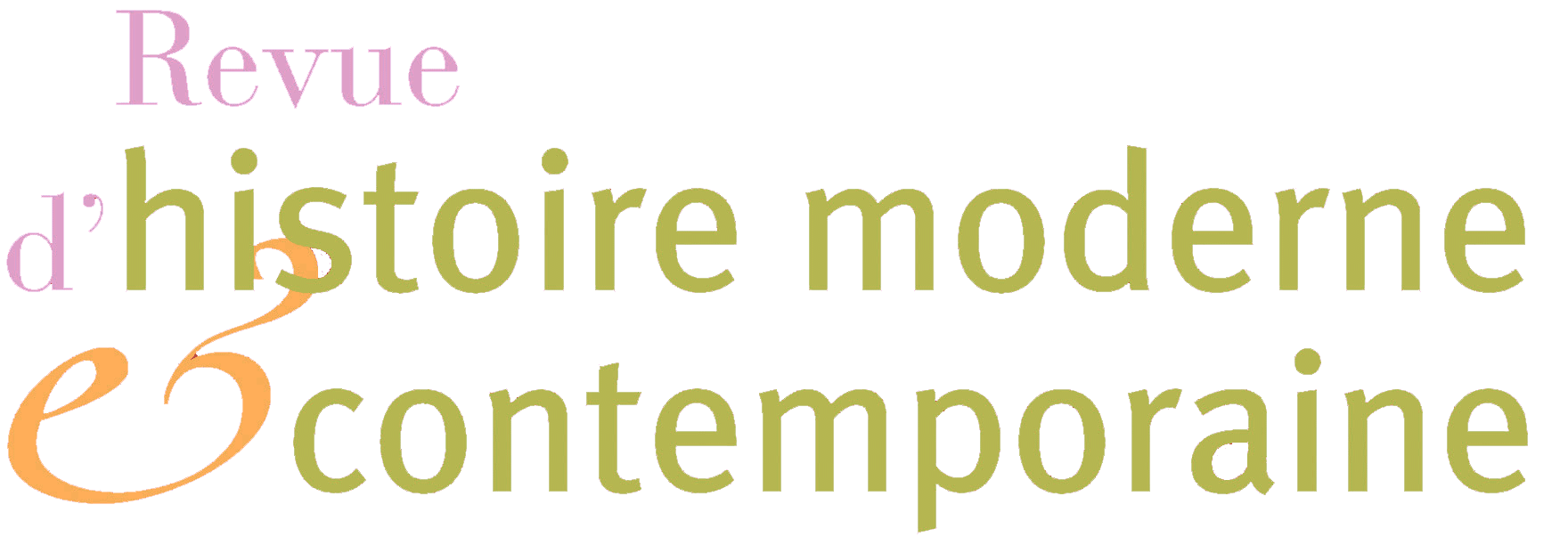Les “enfants de Madame Massu”/Mrs Massu’s Children: Social work, politics and citizenship during and after the Algerian War (1957-1980)
The Association pour la formation de la jeunesse (AFJ) was created in Algiers in 1957 to take in isolated Muslim children and give them an education to guarantee their future against the backdrop of war where the issues around childhood and youth were exacerbated. Presided over by Suzanne Massu, wife of the general who was fighting the “Battle of Algiers” at the time, the organisation ran several centres which housed hundreds of yaouleds. The social undertaking was not exempt from political dimensions and ideological motivations: it was also about preparing these boys to become full-fledged French citizens in a new Algeria. Faced with the political evolution of the Algerian question, the organisation adapted. Taking advantage of a summer camp organised in Béarn during the summer of 1961, dozens of children stayed in France. Others were brought from Algiers in the spring of 1962. In the 1960s and 1970s, the teenagers grew up, received professional training and went into the workforce, got married and kept a strong, personal connection with Suzanne Massu. They were invited to change their Arab or Berber names to French names, and to confirm their French nationality. Still today they maintain the memory of “Mrs Massu’s Children,” as they like to refer to themselves. Unpublished, very diverse sources shed light upon the political and social response to the yaouleds’ situation. The prolongation of the action after the Algerian War clarify the biopolitical intentions and practical methods that transformed needy children from Algiers into French citizens, as if it were a symbolic, ultimate victory beyond French Algeria.
Keywords
- Algeria
- decolonization
- army
- childhood
- biopolitics
- citizenship
